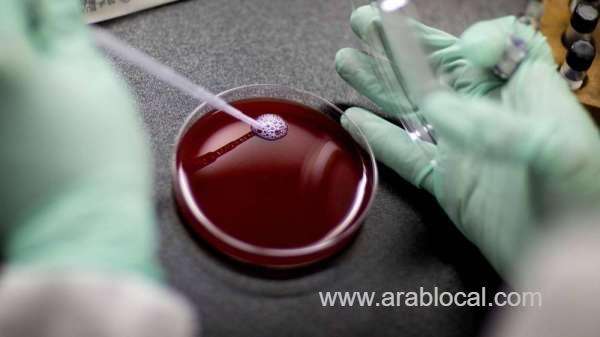The Saudi Food and Drug Authority (SFDA) has granted approval for Casgevy, marking a groundbreaking milestone as the first-ever gene therapy designed for patients aged 12 and above suffering from sickle cell anemia and thalassemia.
Casgevy employs cutting-edge CRISPR/Cas9 technology, a cell-based gene therapy that targets genome editing. This innovative approach involves the modification of patients' hematopoietic stem cells through precise genome editing with CRISPR/Cas9. By directing CRISPR/Cas9 to specific DNA areas, the therapy enables accurate DNA editing, including removal, addition, or replacement of genetic material.
The SFDA underscored that the treatment's effectiveness, safety, and quality underwent rigorous evaluation, meeting all necessary standards. Casgevy's mechanism involves the genetic editing of the mutation in the affected gene, facilitating proper hemoglobin production within the patient's body. The procedure entails extracting stem cells from the patient's bone marrow, performing genetic edits in the laboratory, and subsequently re-implanting the modified cells into the patient to ensure a long-term impact.
Sickle cell anemia, a hereditary blood disorder affecting hemoglobin, results from mutations in genes responsible for hemoglobin formation. These mutations transform the shape of red blood cells, causing them to become sickle-shaped. The altered shape hinders smooth blood flow through veins, leading to severe pain and insufficient oxygen transfer to the body's cells—manifesting as crises with symptoms such as intense pain and breathlessness.
Thalassemia, another hereditary blood disease, arises from genetic mutations impacting hemoglobin production. This disruption results in decreased hemoglobin levels in the blood, leading to symptoms such as anemia and shortness of breath.










